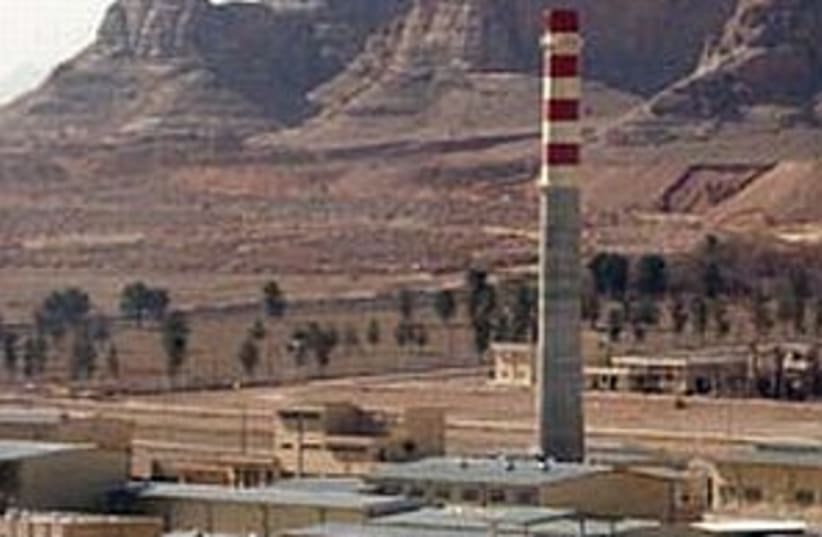| More about: | International Atomic Energy Agency, United States Department of State, Sean McCormack, Israel Project |
US willing to wait on referring Iran to Security Council
The major obstacle for reaching a consensus on referring the case to the UN is Russia.
